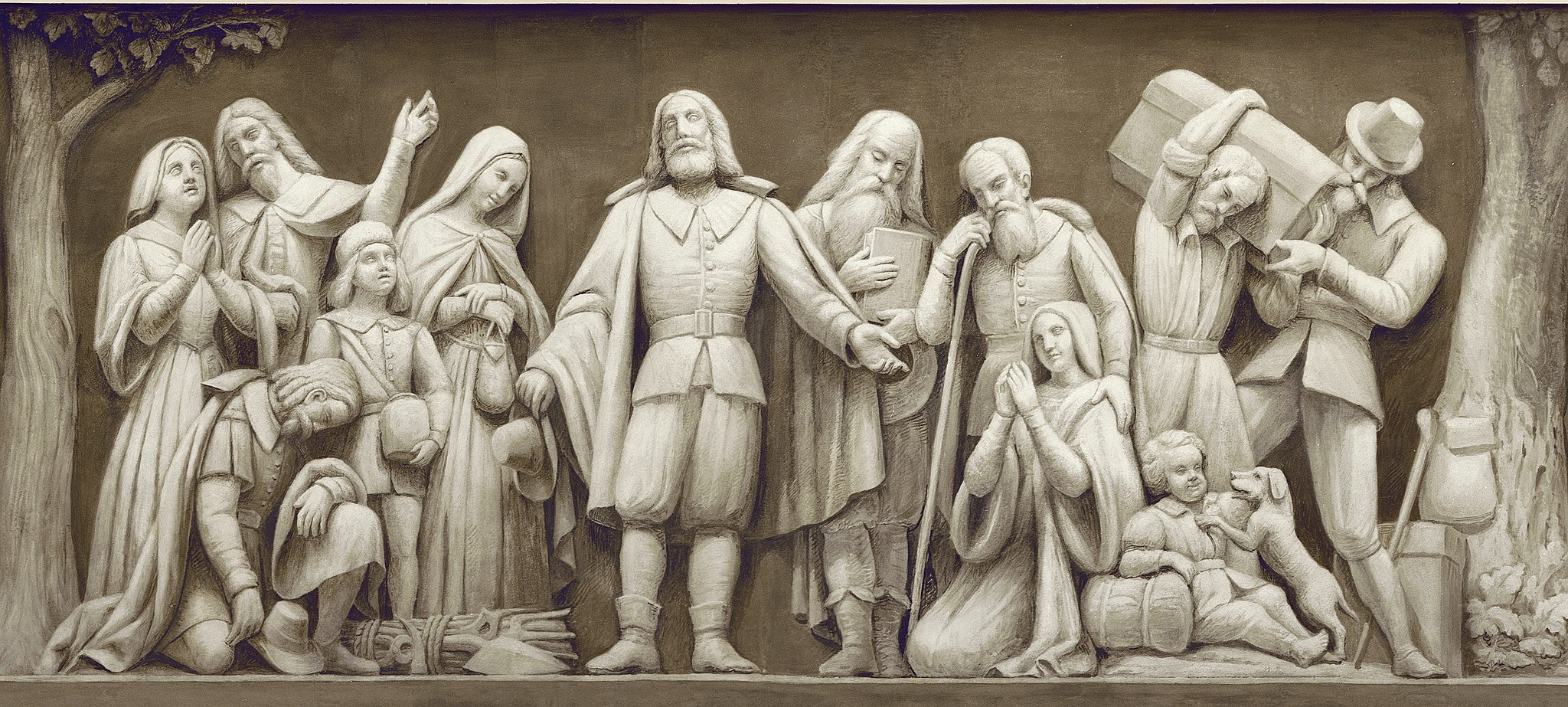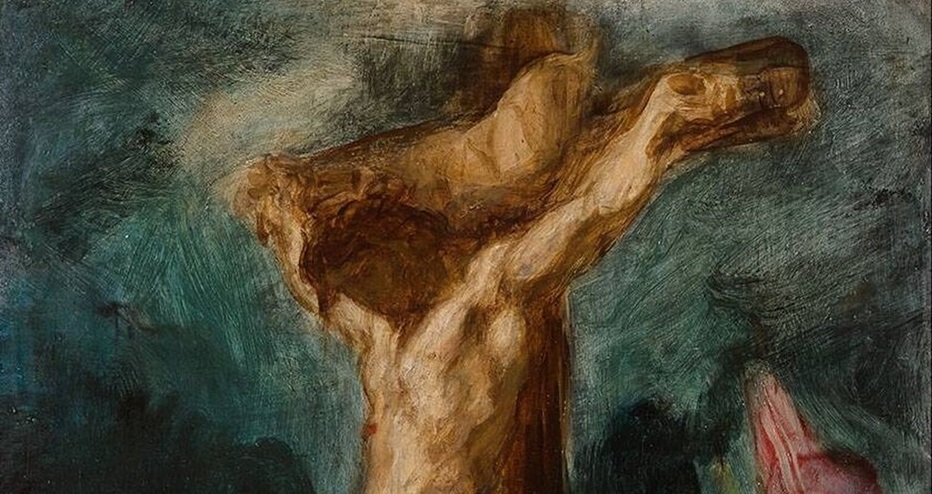
© 2023 Don Pinson | [Download]
(Link not working? Right-click and select “Save As”.)
Why did the Pilgrims come to America with the hope of Jesus Christ ruling—through His followers—their educational, economic, and governmental systems? They came with that hope because they knew that RESURRECTED CHRIST personally! This had come through “…the diligence of some Godly preachers…” by whose preaching “…their ignorance and sins [had been] discovered unto them…” They had repented of their “ignorance and sins” and had received Christ as their Lord and Savior. Thus, the power of the Resurrected Christ flowed in them.
But, as they studied the Scripture, they found that this Resurrection life of Christ wanted to flow not only in their personal lives, but through their lives out into their local communities. They didn’t buy satan’s lie that Christianity must stay in the home and the church. Matthew Henry, the great Puritan preacher, revealed their thinking when he wrote this comment concerning Jesus’ command in Matthew 28 to take the Gospel to the entire world. In explaining the meaning of this passage he wrote:
“Thirdly, that Christianity should be twisted in with national constitutions, that the kingdoms of the world should become Christ’s kingdoms…”
(Matthew Henry’s Commentary on the Whole Bible: Matthew 28:19-20)
Thus, it was the most natural thing for America’s Founders to build a civil government out of the principles of the Bible. This is why most of them identified Biblical Christianity as being the foundation of their government. Consider their words: John Quincy Adams, our sixth President said,
 “The Bible carries with it the history of the creation, the fall and redemption of man, and discloses to him, in the infant born at Bethlehem, the Legislator and Saviour of the world.” (emphasis added)
“The Bible carries with it the history of the creation, the fall and redemption of man, and discloses to him, in the infant born at Bethlehem, the Legislator and Saviour of the world.” (emphasis added)
(Adams, John Quincy. February 27, 1844, as a U.S. Congressman, addressing the American Bible Society, of which he was the chairman | Stephen Abbott Northrop, D.D., A Cloud of Witnesses (Portland, Oregon: American Heritage Ministries, 1987), p. 4. | Peter Marshall and David Manuel, The Glory of America (Bloomington, MN: Garborg’s Heart’N Home, Inc., 1991), 2.27.)
American law was based on Jesus’ death and resurrection. Because Jesus was raised from the dead, He was alive and could step into a believer and rule through that believer! If a believer would let Jesus rule over selfishness in him, he would then be qualified to let Jesus rule in his civil government through him. This is how, as Matthew Henry said it, “…the kingdoms of the world should become Christ’s kingdoms…” This type of government would protect the Gospel of Christ being taught to the next generation.
But while America’s Founders believed that people who lived by the Spirit of Christ would make good government servants, they did not ignore the fact that pride in a government position could easily pull one out from under the Holy Spirit’s control, and thus a ruler could be overcome by selfishness. So they built into our Constitution a series of restraints, by which each department of government would restrain the selfishness in the other departments of governments. By giving elected rulers short terms in office they kept the power of government close to the voting citizens. Thus, the structure of our original national government recognized both the ability of the Resurrection life of Christ to rule through a born-again individual, as well as the possibility of selfishness rising in a ruler who wasn’t submitted to Christ. This Biblical wisdom has preserved the American Republic through much political corruption, especially in more recent years.
The influence of the life of Christ on our original Constitution is why former Congressman Steven King said,
“Without Jesus Christ there never would have been a United States of America.”
(Agenda: Grinding America Down DVD, agendadocumentary.com)
Do you know Christ, the Resurrected Lord? Is He flowing through you right now?
Think about it! Because if you don’t, someone else will do your thinking for you—and for your children! And you won’t like what that brings to you. I’m Don Pinson; this has been Think About It.
